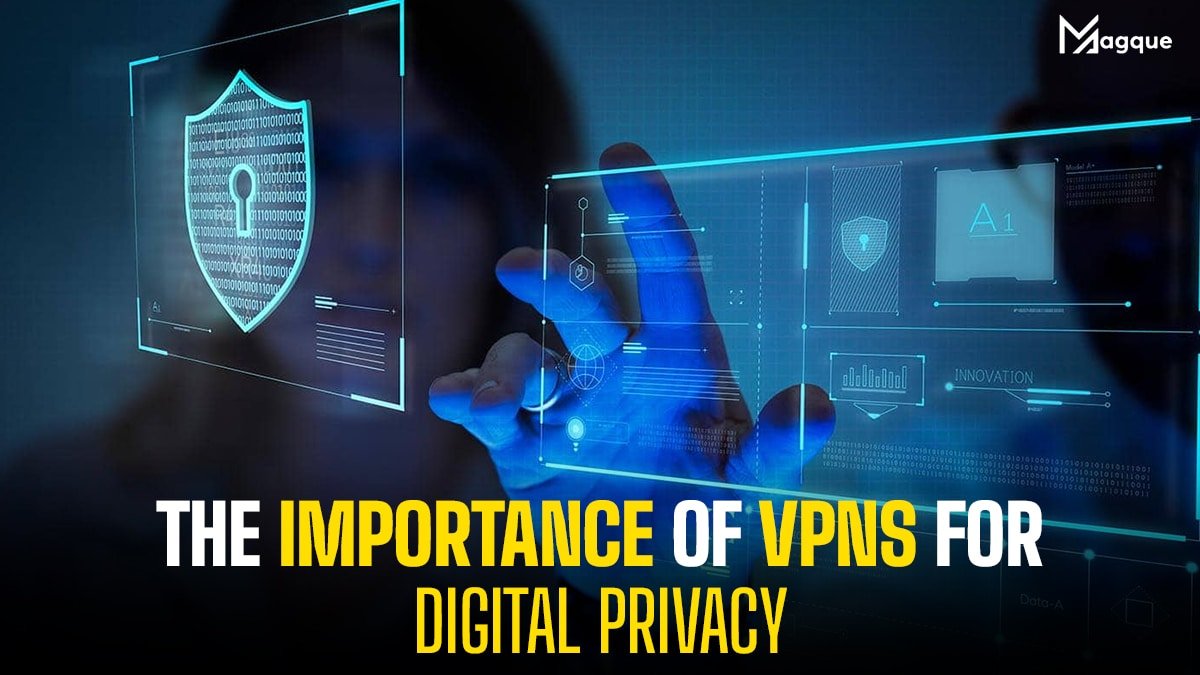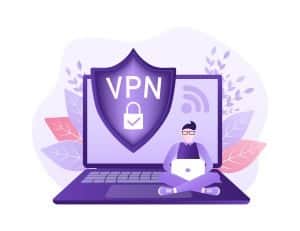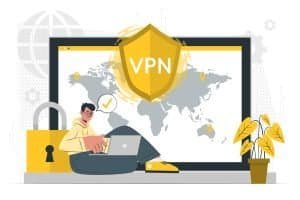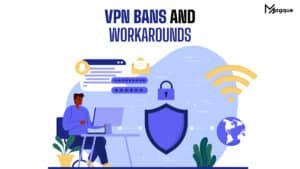In today’s digitally driven world, where we share our lives, thoughts, and activities online, privacy has become a top concern for many. With every click, tap, or swipe, we leave behind a trail of data that can be intercepted, tracked, or even exploited by cybercriminals, advertisers, and government agencies. This is where VPN (Virtual Private Network) steps in as your digital guardian angel.
Understanding VPNs
Imagine a VPN as a secure tunnel that encrypts all your internet traffic, shielding it from prying eyes. When you connect to a VPN server, your data travels through this tunnel, making it unreadable to anyone trying to intercept it. This means that even if someone manages to eavesdrop on your connection, all they’ll see is a garbled mess of characters.
The Shield Against Cyber Threats
Cyber threats are lurking around every digital corner, waiting to exploit any vulnerability in your online security. But with a VPN, you can protect yourself from these threats by encrypting your data and hiding your IP address. This keeps your personal information safe and prevents hackers from accessing sensitive data, such as passwords, financial information, and browsing history.
Preserving Online Anonymity
Maintaining anonymity has never been more crucial in a world where online privacy is increasingly compromised. VPNs allow you to browse the internet anonymously by masking your IP address and location. This means that websites, advertisers, and even your ISP (Internet Service Provider) won’t be able to track your online activities, ensuring your digital footprint remains private.
Accessing Restricted Content
One of the lesser-known benefits of using a VPN is its ability to bypass geo-restrictions. Many websites and streaming platforms limit access to content based on your location. However, you can bypass these restrictions with a VPN by connecting to a server in a different country. This allows you to access region-locked content, such as streaming services, social media platforms, and news websites, no matter where you are.
Conclusion: Embracing Digital Privacy with VPNs
In conclusion, VPNs safeguard digital privacy in an increasingly interconnected world. By encrypting your data, protecting you from cyber threats, preserving your anonymity, and allowing you to bypass geo-restrictions, VPNs empower you to take control of your online security and privacy. So why take the risk? Invest in a reliable VPN today and enjoy the peace of mind of knowing that your digital footprint is safe from prying eyes.
Last Paragraph: Are you ready to take the first step toward reclaiming your digital privacy? With a VPN, you can confidently surf the web, knowing your personal information is safe and secure. Don’t wait until it’s too late – protect yourself with a VPN today and enjoy a worry-free online experience. And be sure to explore Magque, your go-to source for the latest and most intriguing updates in the realms of informative tips & reviews!
FAQs
1. Why should I use a VPN for digital privacy?
Using a VPN ensures that your online activities are encrypted and your IP address is hidden, providing an extra layer of security against cyber threats and safeguarding your personal information from prying eyes.
2. How does a VPN protect my digital privacy?
A VPN encrypts your internet traffic, making it unreadable to anyone trying to intercept it, including hackers, government agencies, and even your Internet Service Provider (ISP). This encryption ensures your data remains private and secure while browsing the web.
3. Can a VPN make me completely anonymous online?
While a VPN can help mask your IP address and location, it’s important to remember that it’s not a foolproof solution for complete anonymity. Other factors, such as your online behavior and the websites you visit, can still leave digital footprints. However, a VPN significantly enhances your privacy by making it much harder for third parties to track your online activities.
4. Are there any downsides to using a VPN for digital privacy?
While VPNs offer numerous benefits for digital privacy, there are some potential downsides. These include a slight decrease in internet speed due to the encryption process and the need to trust the VPN provider with your data. Additionally, some websites and online services may block or restrict access to users connecting via VPNs.
5. Do I need technical knowledge to use a VPN?
No, most VPNs are designed to be user-friendly and require minimal technical knowledge to set up and use. Download the VPN software or app, follow the installation instructions, and connect to a server of your choice. Many VPN providers offer customer support and troubleshooting assistance to help users get started.
Read Also This:- Private Internet Access VPN: Safeguarding Your Digital Life













